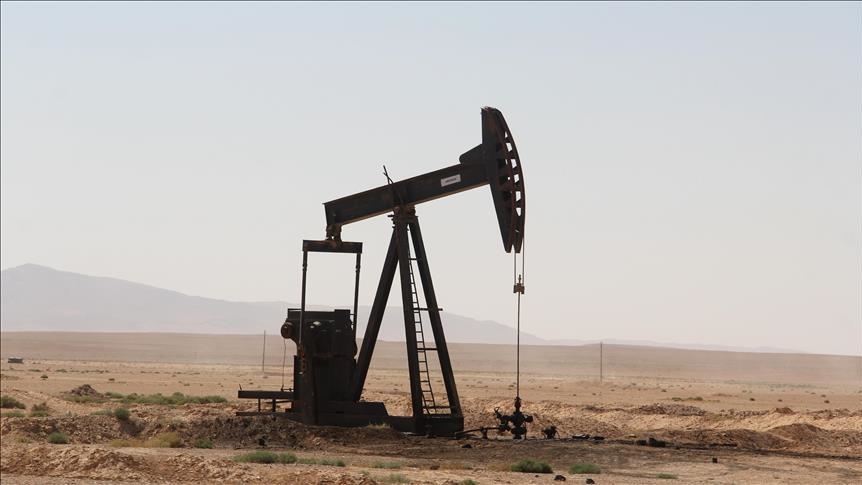ANKARA
Oil prices rose on Monday due to supply concerns as the Keystone pipeline in the US was shut down due to the largest crude oil spills in roughly ten years, while tensions in the Russia-Ukraine war rose as Russia threatened to cut production in response to the price cap on its oil exports.
International benchmark Brent crude traded at $76.50 per barrel at 10.10 a.m. local time (0710GMT), up 0.52% from the closing price of $76.10 a barrel in the previous trading session.
At the same time, American benchmark West Texas Intermediate (WTI) traded at $71.61 per barrel, a 0.83% gain after the previous session closed at $71.02 a barrel.
The closure of the Keystone pipeline in the aftermath of the largest oil spill in a decade increased supply pressure, which many experts believe could lead to a crude supply shortage in the US.
“We have not confirmed a timeline for re-start and will only resume service when it is safe to do so and with the approval of the regulator,” the pipeline owner, TC Energy of Canada, said.
The pipeline closure, which carries more than 600,000 barrels of crude oil a day to refineries in the US Gulf Coast, is estimated to lead to shortages at two US oil refineries.
Russia’s oil production is at risk
Meanwhile, supply fears further increased after Russian President Vladimir Putin denounced the West’s decision to impose a price cap on Russian oil exports as “silly, harmful, and ill-considered,” and said Russia could cut oil production and will refuse to sell oil to any country that imposes the price cap on Russian oil.
His remarks came after the EU countries agreed last week to a $60 per barrel price cap for Russian crude oil exports transported by sea, which has since been joined by the G7 countries and Australia.
The Russian president warned that lower prices would deprive the energy sector of investment, which could lead to shortages and “skyrocketing prices.”
Putin claimed that the country would not suffer losses from the $60 limit because it is close to the price that Russia normally charges for its oil.
Recession fears are growing
While China’s steps to end its “zero-COVID” policies have had a positive impact on markets, investor risk appetite has been limited, putting downward pressure on prices.
Brent oil lost more than 10% a barrel last week as positive services sector figures reinvigorated fears that the US Federal Reserve may raise rates higher than expected.
The November consumer price index will be released on Tuesday, which is expected to influence the Federal Reserve’s interest rate decision.
The Fed will hold a two-day meeting starting Tuesday, with expectations that another rate hike will be announced on Wednesday.

